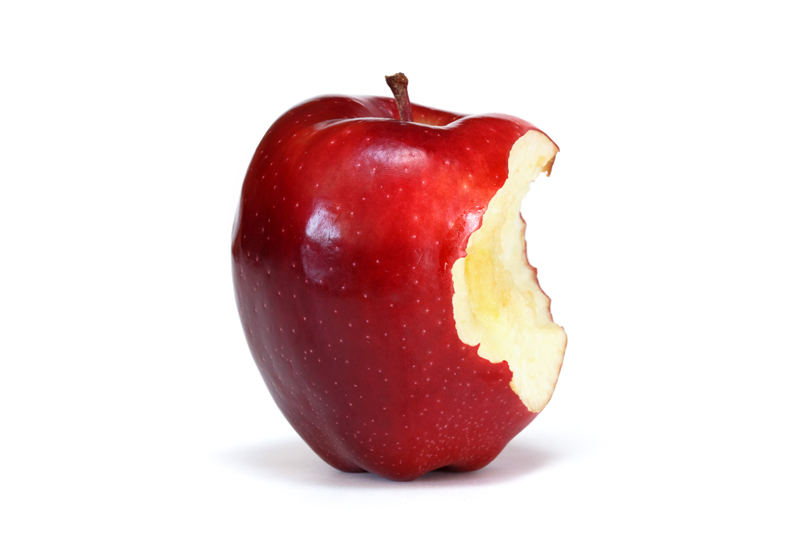Information On Essential Minerals

The following presents the main minerals, their sources and primary role in the body.
Calcium
Function: Necessary for the action of a number of hormones; necessary for action of muscles; required for release of neuro-transmitters in the brain, and aids the nervous system; necessary for blood clotting and blood pressure regulation; maintains strong bones and teeth; helps to metabolize iron; necessary to keep the heart beating; necessary for cell structure; helps the body absorb vitamin B 12.
Good sources: Milk, cheese, and dairy products, leafy green vegetables, salmon and sardines, nuts, root vegetables, broccoli and tofu.
Special notes: Calcium has been used successfully to ease growing pain in children, and can help to prevent osteoporosis and some allergies. Insomnia and other sleep problems may be eased by increasing calcium in the diet.
Chromium
Function:Chromium works in the body as the GTF ( glucose tolerance factor), which governs bloods sugar.
Good sources: Liver, whole grain cereals, meats and cheese, brewer’s yeast, molasses, mushrooms and egg yoke.
Iron
Function:Necessary for production of hemoglobin ( the part of the blood that carries oxygen) and certain enzymes; necessary for immune activity; protects against some free radicals.
Good sources: Liver, poultry, dark chocolate, sardines, molasses, dark green leafy vegetables.
Special notes: Iron has been used successfully in the treatment of anemia, growth problems, poor resistance to infection and fatigue.
Caution: excess iron can cause constipation.
Magnesium
Function: Repairs and maintains body cells; required for hormonal activity; required for most body processes, including energy production, and the action of our muscles. Also magnesium is important for bone development and growth.
Good sources: Brown rice, soya beans, nuts, brewer’s yeast, whole grains, bitter chocolate and legumes.
Special notes:Magnesium deficiency has been linked to asthma, and used successfully in treatment.
Caution: Magnesium can be toxic to children with kidney problems.
Manganese
Function: Necessary for the functioning of the brain; required for metabolism and normal functioning of the thyroid gland.
Good sources:Whole grains, nuts, root vegetables, brown rice and legumes.
Potassium
Function: necessary for transporting of carbon dioxide by the red blood cells; required for water balance, the proper synthesis of protein, nerve and muscle function.
Good sources: Avocados, leafy green vegetables, bananas, dried fruit, fruit and vegetables juices, nuts, soya flour, potatoes, nuts and molasses.
Caution: Excessive potassium may cause ulceration of the small intestine.
Selenium
Function: Antioxidant required by the immune system; improves liver function; maintains healthy eyes and eyesight; maintains healthy skin and hair; protects against heart and circulatory diseases; may impede the aging process.
Good sources: Whole grains, nuts, brown rice and legumes.
Caution: Toxic in small doses.
Zinc
Function: Required for hormones, immunity; growth and energy metabolism; antioxidant.
Good sources: Seafood, poultry, lean red meats, sunflower seeds, peanuts and whole grains.
Special notes: Zinc is an excellent immune booster, and has been used therapeutically with some success. Allergies have also responded to zinc.
This information is for informational purpose only and is not intended to replace the care or advice of a physician.
Calcium
Function: Necessary for the action of a number of hormones; necessary for action of muscles; required for release of neuro-transmitters in the brain, and aids the nervous system; necessary for blood clotting and blood pressure regulation; maintains strong bones and teeth; helps to metabolize iron; necessary to keep the heart beating; necessary for cell structure; helps the body absorb vitamin B 12.
Good sources: Milk, cheese, and dairy products, leafy green vegetables, salmon and sardines, nuts, root vegetables, broccoli and tofu.
Special notes: Calcium has been used successfully to ease growing pain in children, and can help to prevent osteoporosis and some allergies. Insomnia and other sleep problems may be eased by increasing calcium in the diet.
Chromium
Function:Chromium works in the body as the GTF ( glucose tolerance factor), which governs bloods sugar.
Good sources: Liver, whole grain cereals, meats and cheese, brewer’s yeast, molasses, mushrooms and egg yoke.
Iron
Function:Necessary for production of hemoglobin ( the part of the blood that carries oxygen) and certain enzymes; necessary for immune activity; protects against some free radicals.
Good sources: Liver, poultry, dark chocolate, sardines, molasses, dark green leafy vegetables.
Special notes: Iron has been used successfully in the treatment of anemia, growth problems, poor resistance to infection and fatigue.
Caution: excess iron can cause constipation.
Magnesium
Function: Repairs and maintains body cells; required for hormonal activity; required for most body processes, including energy production, and the action of our muscles. Also magnesium is important for bone development and growth.
Good sources: Brown rice, soya beans, nuts, brewer’s yeast, whole grains, bitter chocolate and legumes.
Special notes:Magnesium deficiency has been linked to asthma, and used successfully in treatment.
Caution: Magnesium can be toxic to children with kidney problems.
Manganese
Function: Necessary for the functioning of the brain; required for metabolism and normal functioning of the thyroid gland.
Good sources:Whole grains, nuts, root vegetables, brown rice and legumes.
Potassium
Function: necessary for transporting of carbon dioxide by the red blood cells; required for water balance, the proper synthesis of protein, nerve and muscle function.
Good sources: Avocados, leafy green vegetables, bananas, dried fruit, fruit and vegetables juices, nuts, soya flour, potatoes, nuts and molasses.
Caution: Excessive potassium may cause ulceration of the small intestine.
Selenium
Function: Antioxidant required by the immune system; improves liver function; maintains healthy eyes and eyesight; maintains healthy skin and hair; protects against heart and circulatory diseases; may impede the aging process.
Good sources: Whole grains, nuts, brown rice and legumes.
Caution: Toxic in small doses.
Zinc
Function: Required for hormones, immunity; growth and energy metabolism; antioxidant.
Good sources: Seafood, poultry, lean red meats, sunflower seeds, peanuts and whole grains.
Special notes: Zinc is an excellent immune booster, and has been used therapeutically with some success. Allergies have also responded to zinc.
This information is for informational purpose only and is not intended to replace the care or advice of a physician.
You Should Also Read:
Information On Calcium

Editor's Picks Articles
Top Ten Articles
Previous Features
Site Map
Content copyright © 2023 by Victoria Abreo. All rights reserved.
This content was written by Victoria Abreo. If you wish to use this content in any manner, you need written permission. Contact Victoria Abreo for details.



